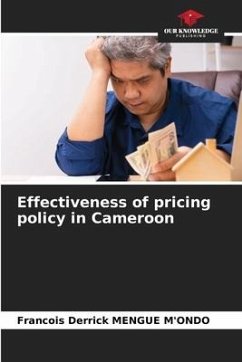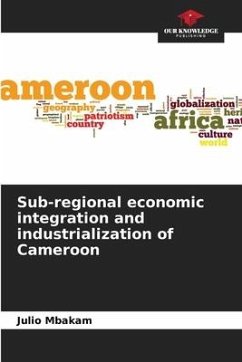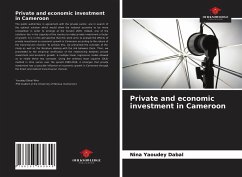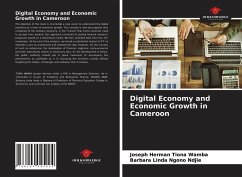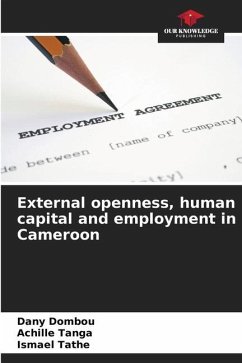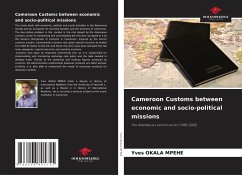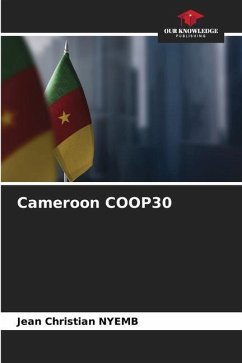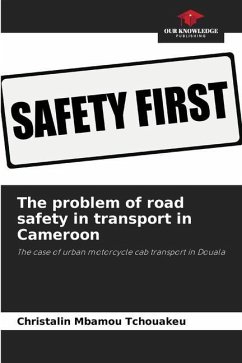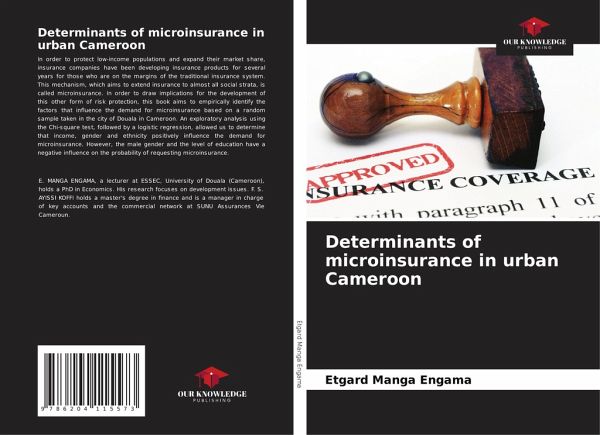
Determinants of microinsurance in urban Cameroon
Versandkostenfrei!
Versandfertig in 6-10 Tagen
36,99 €
inkl. MwSt.

PAYBACK Punkte
18 °P sammeln!
In order to protect low-income populations and expand their market share, insurance companies have been developing insurance products for several years for those who are on the margins of the traditional insurance system. This mechanism, which aims to extend insurance to almost all social strata, is called microinsurance. In order to draw implications for the development of this other form of risk protection, this book aims to empirically identify the factors that influence the demand for microinsurance based on a random sample taken in the city of Douala in Cameroon. An exploratory analysis u...
In order to protect low-income populations and expand their market share, insurance companies have been developing insurance products for several years for those who are on the margins of the traditional insurance system. This mechanism, which aims to extend insurance to almost all social strata, is called microinsurance. In order to draw implications for the development of this other form of risk protection, this book aims to empirically identify the factors that influence the demand for microinsurance based on a random sample taken in the city of Douala in Cameroon. An exploratory analysis using the Chi-square test, followed by a logistic regression, allowed us to determine that income, gender and ethnicity positively influence the demand for microinsurance. However, the male gender and the level of education have a negative influence on the probability of requesting microinsurance.




